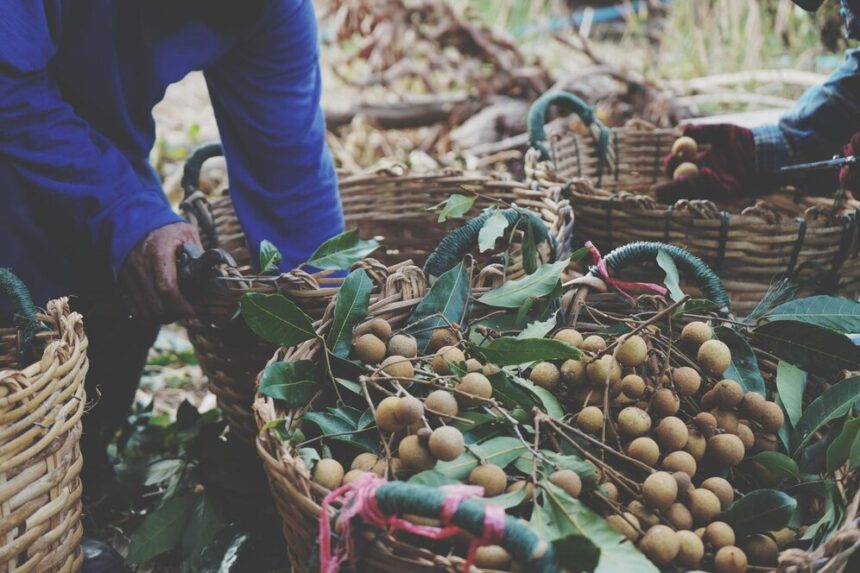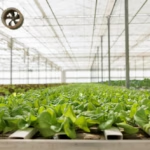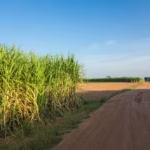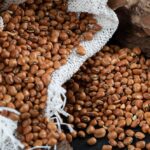Organic macadamia farming is gaining momentum globally, and South Africa is no exception. As consumers increasingly demand healthier and environmentally friendly food options, farmers are turning to organic methods to meet market expectations. For macadamia producers, obtaining organic certification is a crucial step in accessing premium markets, both locally and internationally. This article explains the organic macadamia farming certification process, the benefits of going organic, and the key steps farmers must follow to become certified.
Why organic certification matters
Organic certification is a formal process that verifies a farm’s compliance with organic agriculture standards. In the macadamia industry, certification not only opens doors to export opportunities but also assures buyers that the nuts were grown without synthetic pesticides, chemical fertilisers, or genetically modified organisms (GMOs). Certified organic macadamia nuts attract higher prices and are preferred by health-conscious consumers and ethical brands.
In South Africa, certification is typically aligned with international standards such as those of the European Union (EU), United States Department of Agriculture (USDA), and Japanese Agricultural Standards (JAS). Compliance with these standards is necessary for farmers who want to sell to overseas markets.
Understanding organic macadamia farming
Organic macadamia farming requires a holistic approach that protects the environment, conserves soil health, and maintains biodiversity. Key principles include:
- Avoiding synthetic agrochemicals
- Using organic compost and cover crops to enrich the soil
- Promoting beneficial insects for natural pest control
- Practising crop rotation and intercropping
- Managing weeds through mulching and manual removal
To meet organic standards, the farm must be managed according to organic principles for a specified period before certification can be granted.
The organic certification process
The organic macadamia farming certification process involves several steps and requires detailed record-keeping and inspections. Here’s a breakdown of the main stages:
- Transition period
A farm must undergo a conversion or transition period, usually lasting 2 to 3 years. During this time, the farm must adhere to organic practices, even though the produce cannot yet be marketed as organic. - Selecting a certification body
Farmers must choose an accredited certification agency. In South Africa, options include Ecocert, Control Union, CERES, and SGS. These bodies are recognised internationally and ensure compliance with relevant organic standards. - Farm inspection and documentation
The certifier conducts an on-site audit to verify organic practices. Farmers must provide documentation, such as soil tests, input records, farm maps, pest management strategies, and harvest logs. - Compliance and recommendations
After inspection, the certifier may issue a report outlining any non-compliance issues and recommendations. The farmer must address these before certification is approved. - Issuance of organic certificate
Once all conditions are met, the certification body issues an organic certificate valid for one year. The farm is subject to annual audits to maintain its certification status. - Labelling and marketing
Certified farmers can label their products with the organic logo of the certifying body. This boosts credibility in the market and allows access to organic-focused retail chains and export buyers.
Challenges in obtaining organic certification
While the rewards of organic farming are significant, the certification process can be challenging. Farmers often face:
- Limited availability of organic-approved inputs
- Higher labour costs due to manual weed and pest control
- Need for detailed and consistent record-keeping
- Cost of certification, especially for small-scale farmers
- Risk of contamination from neighbouring conventional farms
Despite these challenges, many South African macadamia farmers are finding success by forming cooperatives, sharing knowledge, and receiving support from NGOs and agricultural extension services.
Benefits of organic certification for macadamia farmers
Certified organic macadamia farms enjoy several long-term benefits, including:
- Premium pricing and higher profit margins
- Access to niche export markets
- Improved soil and tree health over time
- Reduced environmental impact
- Greater resilience to climate-related risks
Consumers are willing to pay more for food grown without harmful chemicals, and organic certification gives farmers a competitive edge in a growing global market.
The organic macadamia farming certification process is a demanding but rewarding journey for South African farmers. By committing to sustainable practices and meeting international standards, growers can unlock new markets, increase profits, and contribute to a healthier planet. As demand for organic products continues to rise, investing in certification is not just a business decision—it’s a step toward long-term agricultural resilience and environmental stewardship.







